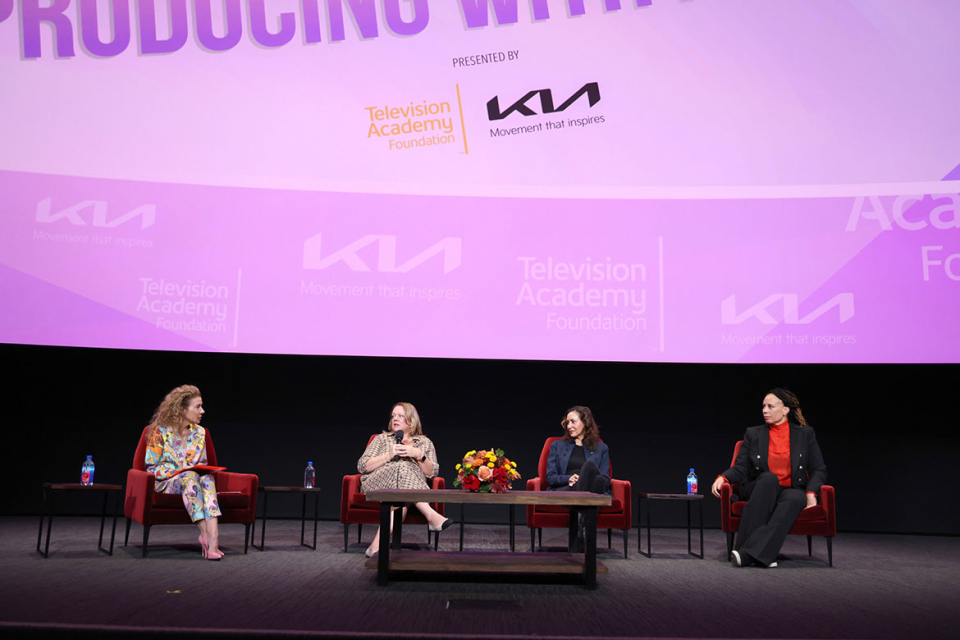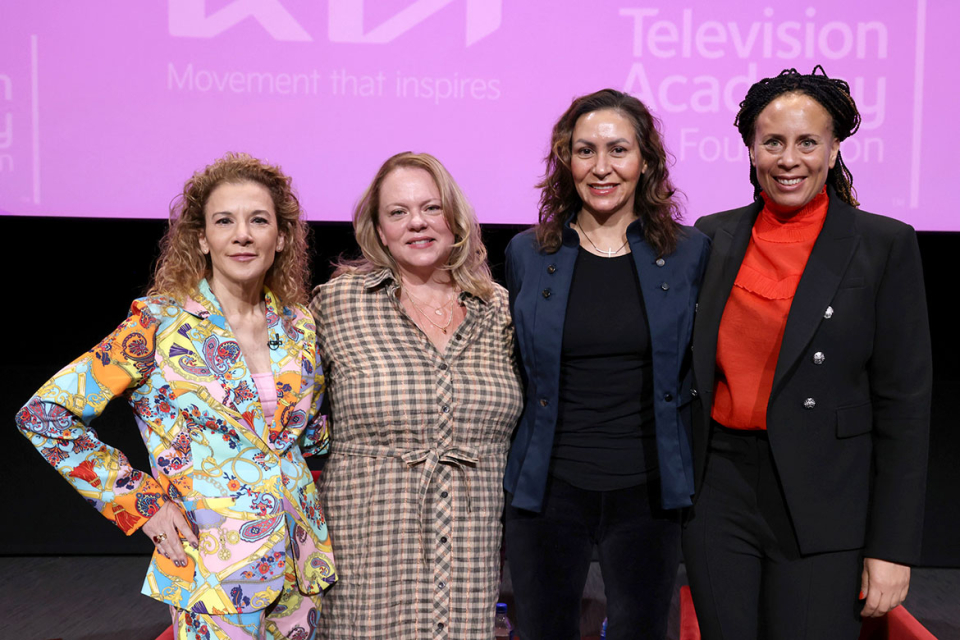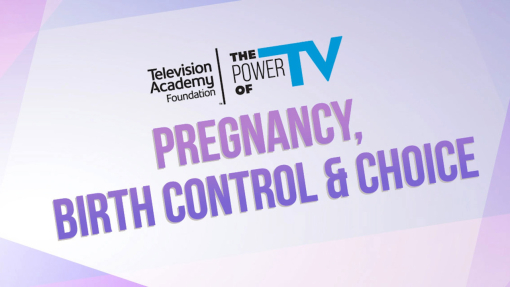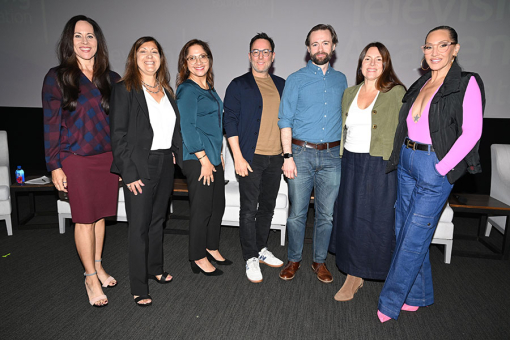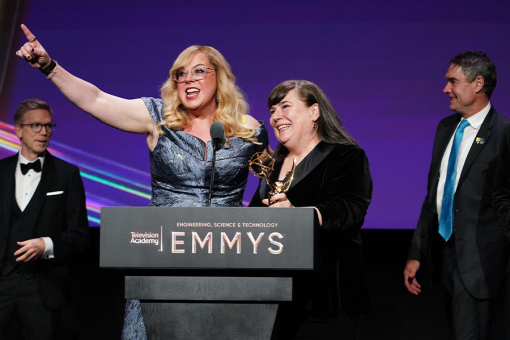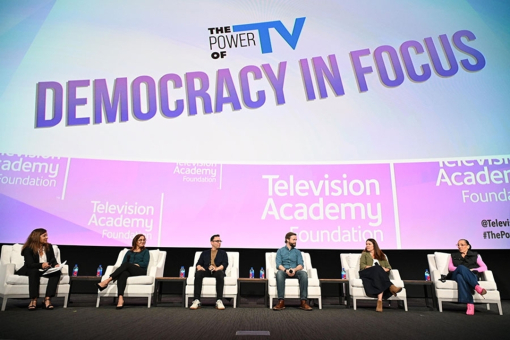When Carmen Marrón was an elementary school guidance counselor in Arizona, she noticed a recurring theme. "I was working with mainly brown and black children," she recalled. "I saw that these kids were starving for role models, and they were looking for them in television and film. And at that time, what they were seeing was really negative stereotypes of themselves, especially for young girls. So that was when I thought, 'I'm teaching these students. I'm trying to instill in them that they could be more, do more. I have to walk the walk now, because I want something more for them. And I don't know how to do it, except by just showing them.' And that's when I decided to write something."
Watch the video of this event.
It was more like dance the dance: Marrón wrote, produced and directed the feature film Go For It!, based on her experiences as an inner-city street dancer growing up in Chicago. She infused the story with the aspirational messages she'd been trying to instill in her students and cast Latino performers in most of the roles. The movie won audience awards at festivals and in 2011 was released theatrically by Lionsgate.
After Marrón completed her second film, Endgame, Ava DuVernay hired her to direct episodes of the OWN series Queen Sugar. Marrón related her story during the Television Academy Foundation program "The Power of TV: Producing with Purpose," the latest installment of the series that showcases TV's ability to spotlight crucial social issues and encourage change. Held October 28 at the Academy's Saban Media Center in the NoHo Arts District, the event was open to the public and was also part of the Foundation's annual Media Educators Conference.
Joining Marrón on the panel were director-producer-creator Anya Adams, whose directing credits include Black-ish, A League of Their Own, The Good Place and GLOW, winning a 2020 NAACP Image Award for the latter, and Lisa Hamilton Daly, executive vice president, programming, Hallmark Media. Former Foundation chair Madeline Di Nonno, president and CEO of the Geena Davis Institute on Gender in Media and recipient with Davis of this year's Governors Award, was the moderator.
Adams also entered the industry after another established career, having worked for several years in the nonprofit sector with the global song-and-dance troupe Up With People before deciding she wanted to direct. She was accepted into the DGA training program and then worked on second units or as an assistant director. After she helmed a short film, Black-ish creator Kenya Barris hired her to direct, and her career was off and running.
On her way up, Adams networked at every opportunity, as she does now, not necessarily even about jobs: "You're just connecting with somebody in a way they feel comfortable with you," she said. "You're able to create a bond, and then when they think of you, it's a fun kind of thing."
And for job meetings, researching the people interviewing her has paid off. Meeting with Melvin Mar, an executive producer of Speechless and Fresh Off the Boat, resulted in directing assignments on both shows because Adams asked him about a conference she'd learned he'd recently attended. "So, it wasn't about whether I can do the job, because I've already proven I can do the job," she noted. "It's about, who are you as a person? And how am I relating to you? That's so important."
Just as Adams and Marrón are bringing more diversity to television, one of the medium's top-ranked cable networks has been stepping up with its Mahogany franchise programming, inspired by the Hallmark Mahogany greeting card line for African-American women.
"We want people to see themselves in a positive way, not in a stereotypically negative way," Daly said. "It's aspirational. It's stories of women having love and affirmation, it's Black joy." Behind the scenes, "people are diverse, because I feel that in order to tell those stories accurately and with real intention, we need to have a diverse cast, crew, everybody, all the way down the line."
And the impact on viewers? "We've seen a growth in our audience in Black viewers," Daly said, "because they're seeing themselves, and they're just thrilled."
That's definitely producing with purpose.

